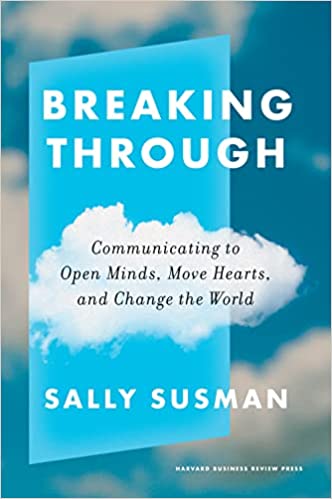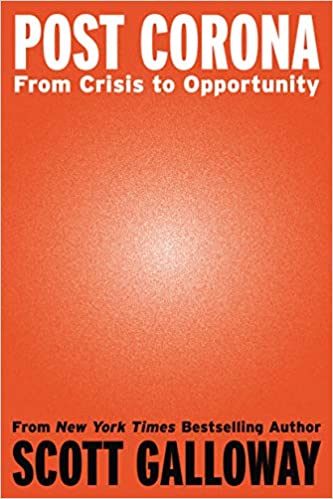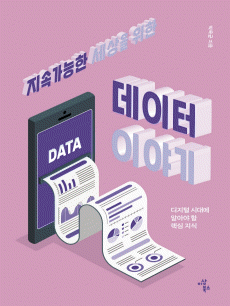





| ұ№і»јӯ әПҪбёУё® | [590,727]ұЗ АРАҪ | |
|---|---|---|
| ЗШҝЬјӯ ЗБё®әд | [0]ұЗ АРАҪ | |
| ұЫ·О№ъ Ж®·»өе | [2]ұЗ АРАҪ | |
| №Мөрҫо әкё®ЗОҪә | [580]ұЗ АРАҪ |
 [165]ұЗ
[165]ұЗ 
 |
к°ңмқё 비н–үкё° : м Ғм Ҳн•ң мӢңкё°мҷҖ л§ҢлӮң | |
| 100л…„ м „, мһҗлҸҷм°ЁмҷҖ 비н–үкё°лҠ” мқёлҘҳмқҳ мӮ¶мқ„ нҡҚкё°м ҒмңјлЎң ліҖнҷ”мӢңмј°лӢӨ. лӢӨл§Ң 1926л…„ мҙҲл§Ң н•ҙлҸ„ м—”м§ҖлӢҲм–ҙл“ӨмқҖ 비н–үмқҙ мҡҙм „мІҳлҹј мқјмғҒмқҙ лҗҳлҠ” кҝҲмқ„ кҝЁлҠ”лҚ°, к·ёкІғмқҖ мөңк·јк№Ңм§Җ мғҒм—…м ҒмңјлЎңлҠ” нҳ„мӢӨмқҙ лҗ мҲҳ м—Ҷм—ҲлӢӨ. н•ҳм§Җл§Ң мқҙм ң 비н–үмқҙ мқјмғҒнҷ”лҗҳлҠ” лҚ° н•„мҡ”н•ң мңөн•©кё°мҲ мқҙ л№ лҘё мҶҚлҸ„лЎң л°ңм „н•ҳкі мһҲлӢӨ. | ||
 |
лӮҙ м•„мқҙлҘј мң„н•ң мқём„ұмҲҳм—… | |
| АъАЪ | нҷ©кІҪмӢқ | ||
| ГвЖЗ»з | нҠёлЎңмқҙлӘ©л§Ҳ | ||
 |
Breaking Through: Co | |
| АъАЪ | Sally Susman | ||
| ГвЖЗ»з | Harvard Business Review Press | ||
 |
Post Corona: From Cr | |
| АъАЪ | Scott Galloway | ||
| ГвЖЗ»з | Portfolio | ||
 |
м§ҖмҶҚк°ҖлҠҘн•ң м„ёмғҒмқ„ мң„н•ң лҚ°мқҙн„° мқҙм•јкё° | |
| АъАЪ | л°•мҳҘк· | ||
| ГвЖЗ»з | мқҙмғҒл¶ҒмҠӨ | ||